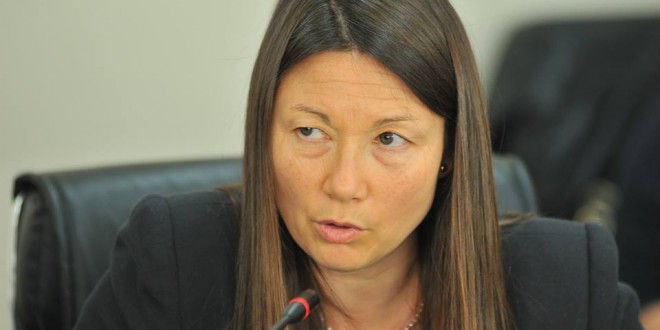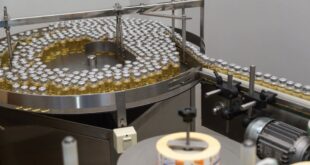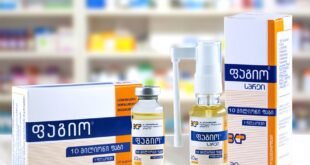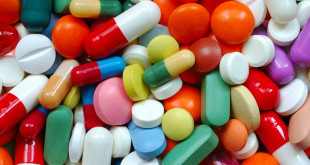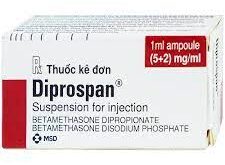The Government of Georgia has attracted the international consulter group “Global Alliance” to extend the reforms in healthcare system. Its goal is to implement and adopt the European standards and norms into the system. The group is formed by the well-known European experts.
We have addressed one of the experts of Global Alliance Caroline Mascret with the question how can the European regulations enhance the Georgian pharmaceutical system.
The European Treaty, creating the European Economic Community, was adopted in Rome in 1957, introducing free goods circulation.
One of the first good being under european rules was medicinal products in 1965, just 8 years after the opening of the free european market. That demonstrates the significance, for politics, of the overall pharmaceutical system, in order to make available and safe medicinal products to european people.
Since more than 50 years, European Union has set up procedures and structures to ensure this high level of quality for its pharmaceutical system, within the 28 members states.
To be part of this regulation system means, first of all, to benefit of an unique system for assessing medicinal products and medical devices, by the best european scientific experts.
Actually, 80% of medicines and 95% of new active substances into the european market are assessed by european procedures (the rest of the products, remaining local medicines as medicines traditionally used, homeopathics, herbals products…are assessed by local authorities).
The pharmaceutical european system is based on 3 major features : quality, efficacy, safety.
First the quality of the drug. People must to be confident in the quality of products, which are active substances acting on their body.
When speaking about quality of drugs, it means quality of pharmaceutical active substances. Actually, manufacturing is a globalized , with news players, like India, China, Brasil….That’s why European Union set up rules to control these products, i.e by carrying out inspections on manufacturing plants of active substances.
To ensure quality means also struggle against falsified medicines in the supply chain. A pharmaceutical system must secure the medicine supply chain against counterfeiting, with safety features. European Union adopted in 2011 rules as regards the prevention of the entry into the legal supply chain of falsified medicinal products.
The pharmaceutical system must ensure quality and safety of drugs, whatever the origin of the product (generic or not) to deliver safe products to people.
But monitoring the quality of the product is not enough. Pharmaceutical system has to assess the efficiency of the product, i.e the benefit-risk ratio.
European medicines agency (EMA), with the best european experts, highlights the risks and benefits of medicinal products, to decide if the products are allowed to be introduced into the european market.
The last feature for an efficient pharmaceutical system is the supervision of the drug after granting the marketing authorization, by the european pharmacovigilance system, which is in charge to detect all adverse drug effects, and take all necessary actions, until the withdrawal of the drug if necessary.
At last, nowdays, no legitimate pharmaceutical system can be built without openness and transparency
In the spirit and interests of the whole medicines regulatory network, EMA adopted a code of conduct, to rule on conflict of interest. The Code of Conduct sets out the practice for members of the agency’s management board, scientific committees, rapporteurs, experts and staff on direct and indirect interests, and the necessity to declare them in order to avoid and manage potential conflicts of interests. Transparency means also an access to EMA documents, which recently amended its policy to make avalaible all clinica data trials.
The essential aim of any rules governing the production, distribution and use of medicinal products must be to safeguard public health.
Since 1965, European Union has been built a pharmaceutical system adapted to this requirement of high level of human health protection, with values and principles as such universality, access to good quality care, equity and solidarity. This policy is based on cooperation between member states, and if necessary, an european lend support to their action, but fully respecting the responsabilities of each member states for the organisation and delivery of health services and medical care.
With more than 50 years of experience, european regulation can definitly enhance a pharmaceutical system.

 Jandacva.ge
Jandacva.ge

